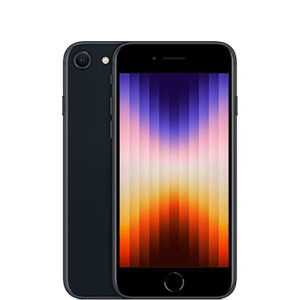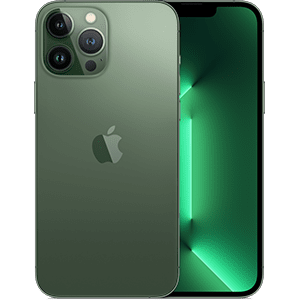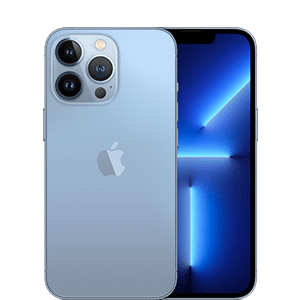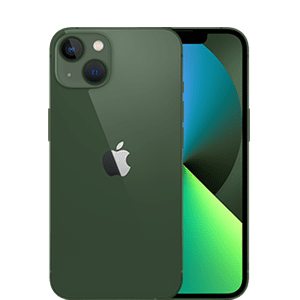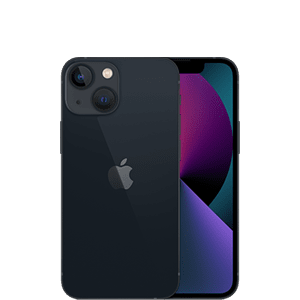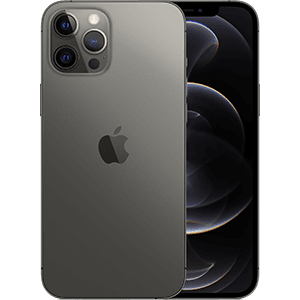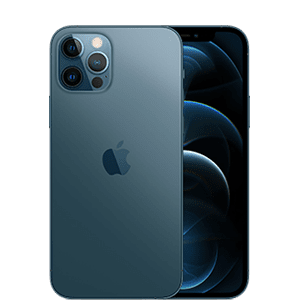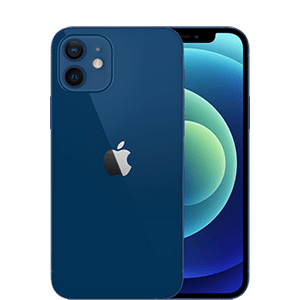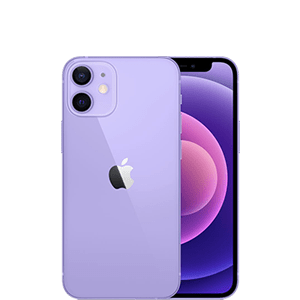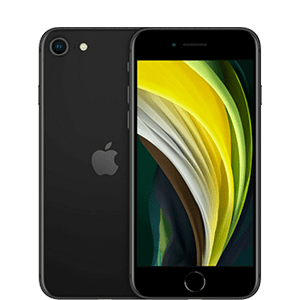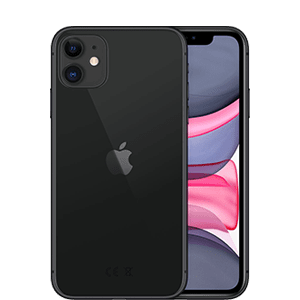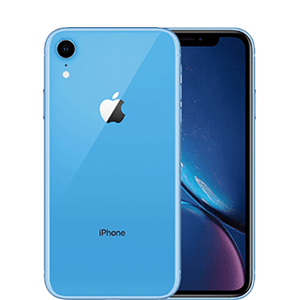Compare the latest deals on Apple handsets
About Apple
The first Apple iPhone was released in 2007 and the company has since become the most popular smartphone brand in the UK. Apple release new models of their flagship iPhones annually in September, with budget devices, iPads and other accessories released during the year. As of 2022, all Apple's new smartphone models are 5G-ready.
Apple released their first iPad in 2010. The naming system for iPads is more complex, but these are the ones currently available:
- iPad Pro (11-inch and 12.9-inch)
- Standard iPad (10.2-inch)
- iPad Air
- iPad Mini
The generation names of the iPads do not run in sequence together, with the Apple iPad Pro released in 2021 known as the 5th generation while the Apple iPad 10.2 released in the same year known as the 9th generation.
Design and evolution
The iconic design of the Apple iPhone range has evolved but it remains instantly recognisable. Whereas other smartphone manufacturers have dramatically altered their designs, Apple has gone for a more gradual approach.
Extra size options have been added, with the 2020 iteration offering four size options for the first time: the iPhone Mini, the iPhone, the iPhone Pro and the iPhone Pro Max. A more budget friendly handset is regularly released in the form of the iPhone SE range. The design and features on the SE are a throwback to earlier versions of the iPhone, yet they have powerful internal specifications that mean these budget handsets are a good option for many.
The overall design of the Apple iPad has stayed consistent over time, although an emphasis has been placed in making them thinner and lighter.
Adding different iPad models to the line-up ensures there are different options for customers who would prefer a smaller tablet or a more powerful one.
All iPads currently sold by Apple are compatible with the Apple Pencil for drawing and writing on the screen.
Cameras
Apple has focused on improving the capabilities of their iPhone cameras, not only by adding more lenses to their Pro and Pro Max models but also by enhancing image processing behind the lens. Generally, Pro editions of iPhones will have bigger sensors and offer a telephoto lens alongside the wide and ultrawide cameras seen on the standard iPhone model.
More budget friendly iPhones may not have the same lenses and sensors, but they do allow users to access features like Photographic Styles that allow customised photography for more unique images.
Professional video shooting and editing has also been an area of improvement on premium iPhones. This includes the ability to shoot in the professional-grade ProRes format and the addition of Cinematic Mode on the iPhone 13 Pro and Pro Max to track subjects during a shoot.
Processors
Apple use the A Bionic series of chips in their iPhone range. The Apple A15 Bionic was used in the flagship iPhone 13 series as well as powering the more budget friendly iPhone SE 3 released in early 2022.
Benchmarking tests frequently place Apple Bionic chips as the top performing processors above chips used in rival handsets.
This is how benchmarking data looks for the iPhone 13 series and the iPad Mini (6th generation) which uses the A15 Bionic processor:
| Device | Geekbench Single Core | Geekbench Multi-Core | Antutu |
|---|---|---|---|
| iPhone 13 Pro Max | 1697 | 4664 | 846870 |
| iPhone 13 Pro | 1699 | 4652 | 846433 |
| iPhone 13 | 1678 | 4489 | 805389 |
| iPhone 13 Mini | 1677 | 4478 | 798172 |
| iPad Mini (6th gen) | 1557 | 4442 | 807610 |
Meanwhile, the latest iPads Pros use the Apple M1 series of processors:
| Device | Geekbench Single Core | Geekbench Multi-Core | Antutu |
|---|---|---|---|
| iPad Pro (12.9-inch 5th gen) | 1706 | 7219 | 1212796 |
| iPad Pro (11-inch 3rd gen) | 1706 | 7217 | 1189096 |
The baseline for the Geekbench tests is 1000, while Antutu performance data looks at several areas including the CPU and GPU to provide a cumulative score.
Benchmarking data correct as of March 2022.
Apple iOS and App Store
The operating system used by Apple is iOS, previously known as the iPhone OS. New versions of iOS are released annually with updates throughout the year. Apple offer their latest updates to several generations of their iPhones and will give warning when updates are no longer available.
iOS is generally considered a more secure platform than its major rival - Android. It is a closed source system, meaning that only Apple have complete insight into how it works and control both the devices and the operating system.
However, this means there are fewer customisation options on the operating system itself than we see with rivals. No custom launchers can be downloaded, for example, and the standard display of apps can be tinkered with but not substantially altered.
All apps on the iPhone must be downloaded from the App Store and there are no legitimate options to sideload apps on to Apple devices. This maintains the security of the App Store, with apps going through a checking process.
According to data from Statista, there were 3.8 million apps available on the App Store in August 2021, with more than a million games available during that month.
Choosing the right iPhone
The Apple iPhone range has different entry points for different types of customers, meaning customers on a budget may find the iPhone SE series suited to their needs while the flagship series currently offers four different handsets.
Use our comparison tool to find the latest Apple iPhone deals from all major UK mobile networks.
Latest News
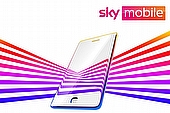
11 July 2024
Sky Mobile launches their first unlimited data plan
03 June 2024
Plusnet Mobile to finally close this month
